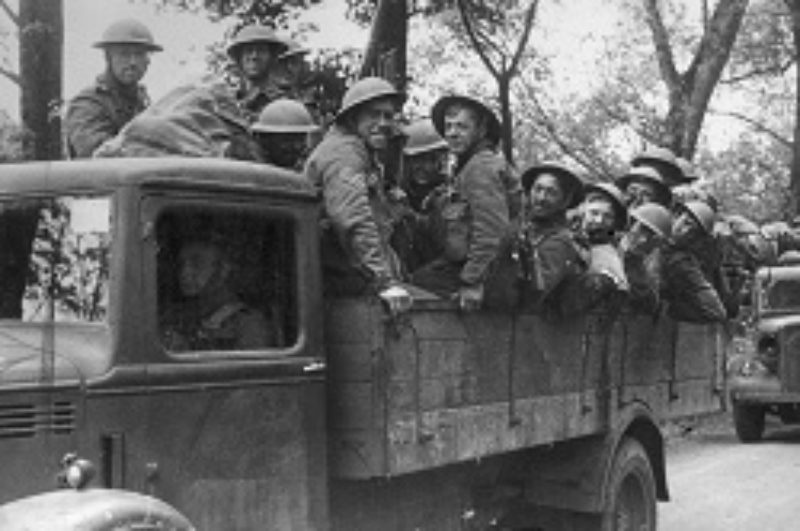John McDonnell MP

To mark Armistice Day I’ll do what I do every year. I’ll go to my local church, St Mary’s, where there’s a march with the British Legion and a service.
After that there’s tea and cake. I’ll be there with all the old-timers.
I’ve been doing this for the past 40 years now and a lot of the old boys have died. But there are still a few who keep the thing going.
The local cubs and scouts march along with them and you realise that the memory of their service will always be kept alive.
You look at the Cenotaph and see most of the names on it belong to families still in the area. That brings home the impact of these wars and you realise those who fought in them will never be forgotten.
I’m proud my parents served the country in the Second World War.
Dad was a sergeant in the Army. Mum was a welder in a munitions factory and an air raid warden. The military records office, which used to be in my constituency, provided me with my father’s record file.
His commanding officer described him as a good soldier, though the record also showed he was fined half a crown for damaging his motorbike.
I don’t know much about my grandad. His name was Edward Brunson and he served in the trenches for two years during the First World War. Like most people who fought, neither my dad or grandad liked to talk about what they had done.
But I wish I’d asked more questions. You don’t think to do it at the time, but I wish that I had.
I do know my dad was billeted after the war with a German family. They wrote to him for several years after he came home.
I remember Dad telling me they were people just like us – ordinary, working-class people who were kind and treated him like their own son.
That has always stuck with me.
What came out of the war was the spirit of 1945 – the determination that things were going to change.
We would never go back to mass unemployment and the grinding poverty of the 1930s.
That post-war Labour government was determined to make things better. There was a spirit of reform. Prime Minister Clement Attlee and health secretary Nye Bev- an wanted a country fit for heroes.
That led to the creation of the Welfare State and the NHS. Those things were built on the sacrifices of our servicemen and women.
But look around now and see what’s happened to that vision. After a decade of Tory austerity, all the hard-fought gains of the wartime generation are under attack.
Families including veterans rely on foodbanks due to brutal Tory cuts. And many veterans are pushed into poverty by Universal Credit.
It’s going to get worse. There are billions of pounds worth of social security cuts still to come.
As an MP, I have done all I can to support veterans. I’ve taken on cases of people struggling with the horrors of PTSD or other mental health issues. Some were homeless or in prison. As Chancellor, support for our veterans – especially those who have fallen on hard times – will be a priority. We will end this unfairness and austerity. We will give people the respect and support they deserve.
That means completing the vision that those generations sacrificed so much to make possible:
We’ll build a country fit for heroes.
Mirror 10.12.2018
